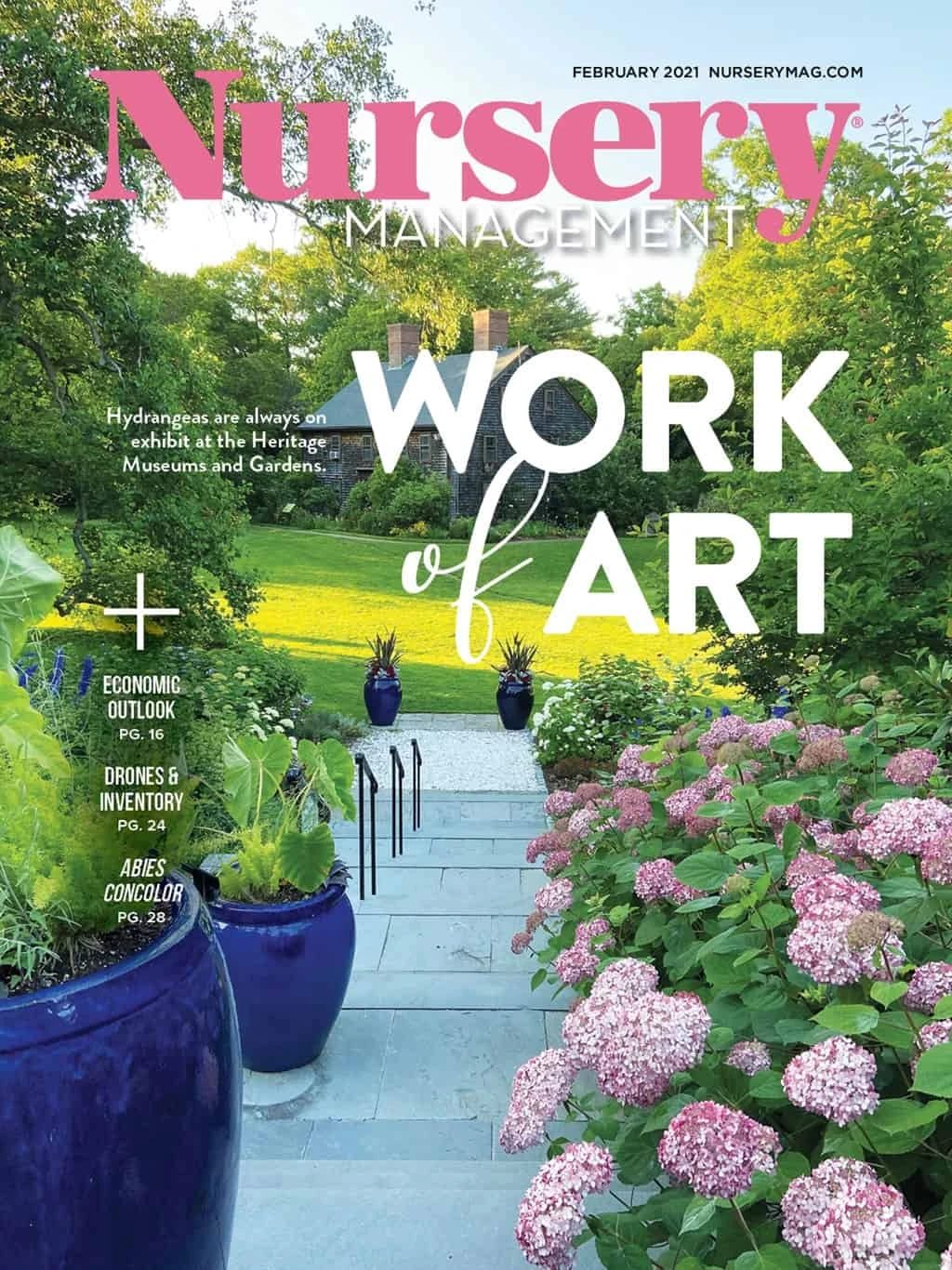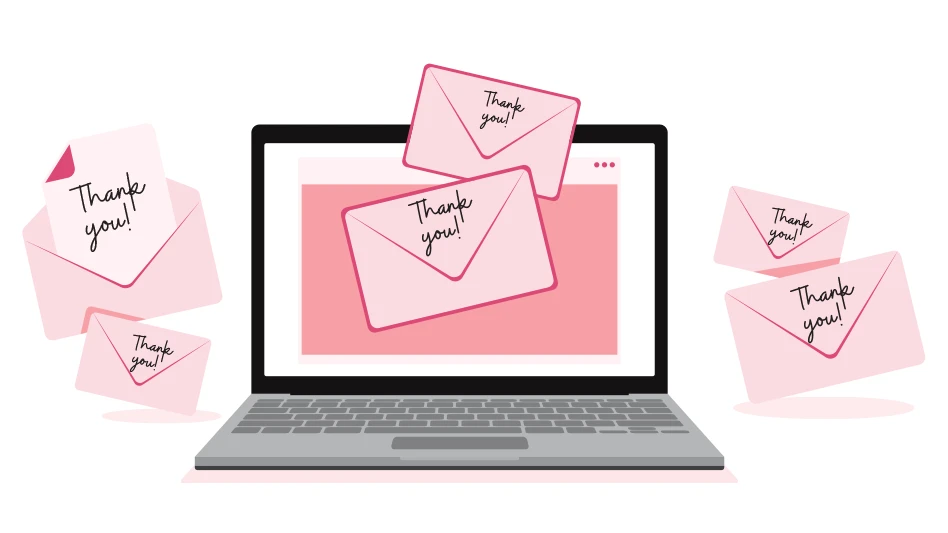

The pandemic forced many people to work remotely, and while most of us are surviving the arrangement, fewer of us are actually thriving. That’s because working from home can be endlessly tough. There are countless distractions, from kids, to pets, to partners trying to get their own work done. Meanwhile the workday hours blur as the work piles up, and before we know it, we’re tethered to our desks and working around the clock. Since we likely won’t be heading back to our offices anytime soon, right now is the best time to get meticulous about time management.
Working from home can blur the boundaries between work time and personal time. The work doesn’t stop just because you’re at home, but you can’t be a great leader or employee when you spend all your time glued to your work computer. The better you become at optimizing your work hours and making the most of the time you have outside of work, the more balanced and calm your whole life will become. These tips can help you reclaim and maximize the precious moments you have.
Prioritize self-care time.
This includes making time for 7-9 hours of sleep a night, designing time to eat breakfast, lunch and dinner (at the table, not at your desk while you work), and factoring in adequate time for family and leisure. Working nonstop allows us virtually no down time to catch our breath, take care of personal needs, or mentally recharge for the rest of the day. Personal tasks should not be deemed unimportant when they are essential to our very survival. We simply need to overcome the knee-jerk urge to put ourselves last.
If you are a leader, infuse play into your employees’ workday.
Infusing appropriate play into the workplace is time well spent, because it can promote a positive culture, which leads to improved productivity and stronger relationships. Even though everyone is working from home, you can still enjoy some team-building fun. Host themed Zoom business meetings in which everyone dresses for the theme. Mail your employees small care packages with coffee and donuts. Host online birthday or holiday celebrations and regular “happy hours” so people can chat, share what they’ve been up to and bond.
If you are an employee, establish what the “workday” means to you and your boss.
It’s common for employers to call or e-mail you after hours, but it is up to you to decide whether you’re available after hours. If you choose to be off duty on nights and weekends, that is your choice (and your right). Just make sure you respectfully address your “workday” limits to your boss upfront, so everyone is clear on the boundaries.
Don’t stay on your e-mail all day.
Constantly checking your inbox is distracting and slows you down. Designate a few times in your workday to check e-mail so that you remain in control of your schedule and aren’t being reactive to new messages as they appear.
Step away from the internet.
Surfing the web is a huge time waster for most people. An innocent little break often turns into an hour (or more) of wasted time that you can’t get back — especially when you should be working or headed to bed to get some rest. Shut off access to the internet at a certain time each day. Take breaks from recreational internet use to focus on other aspects of your life that may need attention.
Minimize distractions and the tendency to multitask.
Instead, focus on each daily task one at a time. For example, if you are working on a project for work, don’t start thinking about the dinner menu. You will find the task at hand will take longer.
Set achievable goals each day.
Even the most thoughtfully constructed to-do list will be useless if it is too ambitious. What’s the point of writing down unachievable tasks? We’re not superheroes and shouldn’t try to be. Make your daily goals small enough that you can actually get them done.
Stop shuffling papers.
Most of us waste a lot of time shuffling papers from one pile to another. Chances are that your desk is full of paper you don’t know what to do with. To stop this maddening cycle, touch each sheet of paper just once and figure out the appropriate action. Either put it in a to-do pile so you can deal with it immediately, a file (for documents you must keep) or the trash. This keeps the papers moving and keeps you sane.
Recapture your “throwaway” moments.
Everyone can find a few minutes a day between meetings or phone calls to achieve a few small goals. But many times, those moments just pass us by, and we are no closer to our goals than we were before — and once they’re gone, they’re gone. Seize these throwaway moments and use them to accomplish some of your goals. In five minutes, you could review your schedule, return a few e-mails, write in your journal, organize your workspace or tell someone thank you or offer a compliment. In 15-30 minutes, you could return a call or make a call, clear your inbox of e-mail clutter, exercise, cook a quick meal or clean a room in your house.
Do a priority “tune-up.”
To do your tune-up, begin by looking at your life in small chunks. Take into consideration how you spent your time over the past three months. Now ask yourself the following:
- What would I keep doing?
- What would I want to eliminate or stop doing?
- What’s missing that I might want to add?
Now, using that list, create goals for the upcoming three months. Be as specific as you can. Try to separate professional goals from personal ones. Select three or four priorities that rise to the top of your list and make a commitment to keep them front and center over the next few months.
Identify your “time robbers.”
It can be eye-opening to find out where all your time goes in a day. Make a list of how you spend your time in a 24-hour period. Account for things like sleeping, eating, self-care, exercise, entertainment, surfing the web, work and housework. You might be surprised to discover one or more “time robbers” that you were unaware of before. But that’s good news, because once you recognize them, you can take action to focus on them less.
Practice mindfulness and breathe.
When working from home, it’s almost impossible not to be distracted. But imagine how productive you could be if you could focus, calm all anxious thoughts and truly be present. You can find out by practicing mindfulness. Breathing is a tool for achieving a relaxed, clear state of mind. There are multiple methods for achieving this state, including tai chi, meditation, yoga, or simple breathing exercises. Find one that resonates for you and practice it daily.
Make time for laughter.
Laughter can be a powerful motivator. It can build cohesion during a team project, make a task seem less daunting, and improve productivity. Laughter connects people easily with each other. It helps to develop a positive mental attitude, optimism, and increases communication skills. Take a five-minute break to watch a funny video, play with your pet or read a comic strip.
Learn to say “no” more often.
Saying no in the workplace can be anxiety-provoking, as employers are now expecting us to do more in less time. People say yes to these demands because they want to be a team player, look eager or simply be nice. At work, be sure to think before you respond. Hit the pause button and allow yourself time to evaluate the cost/benefit of saying yes. If you still conclude that no is the answer, respond in a timely manner and ask if there might be another way you could contribute. This lets the employer know you understand your limits, but also care about the task at hand and the company — a great characteristic for a leader.
Stop owning other people’s stuff.
How often do you hear yourself saying, “Never mind, I’ll do it myself?” Probably more often than you’d like, and this habit takes up your precious minutes. The solution is to hold others accountable for their responsibilities. This includes your children, your spouse and your colleagues. Let “never mind…” be the exception instead of the rule. In these strange times, you owe it to yourself to get serious about managing the limited minutes you have each day.

Explore the February 2021 Issue
Check out more from this issue and find your next story to read.
Latest from Nursery Management
- Trends: Proven Winners 2025 perennial survey shows strong demand
- Online registration opens for the 2025 Farwest Show
- Sustainabloom launches Wholesale Nickel Program to support floriculture sustainability
- Plant breeding as an art
- Society of American Florists accepting entries for 2025 Marketer of the Year Contest
- American Horticultural Society welcomes five new board members
- Get to know Christopher Brown Jr. of Lancaster Farms
- American Floral Endowment establishes Demaree Family Floriculture Advancement Fund





